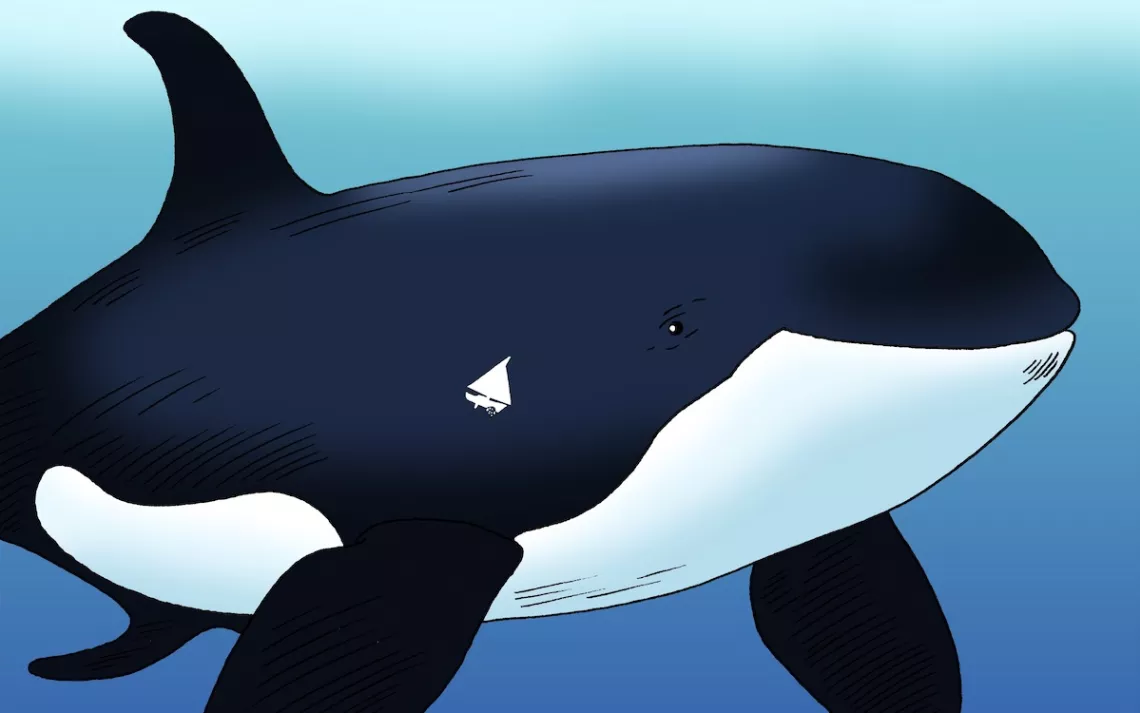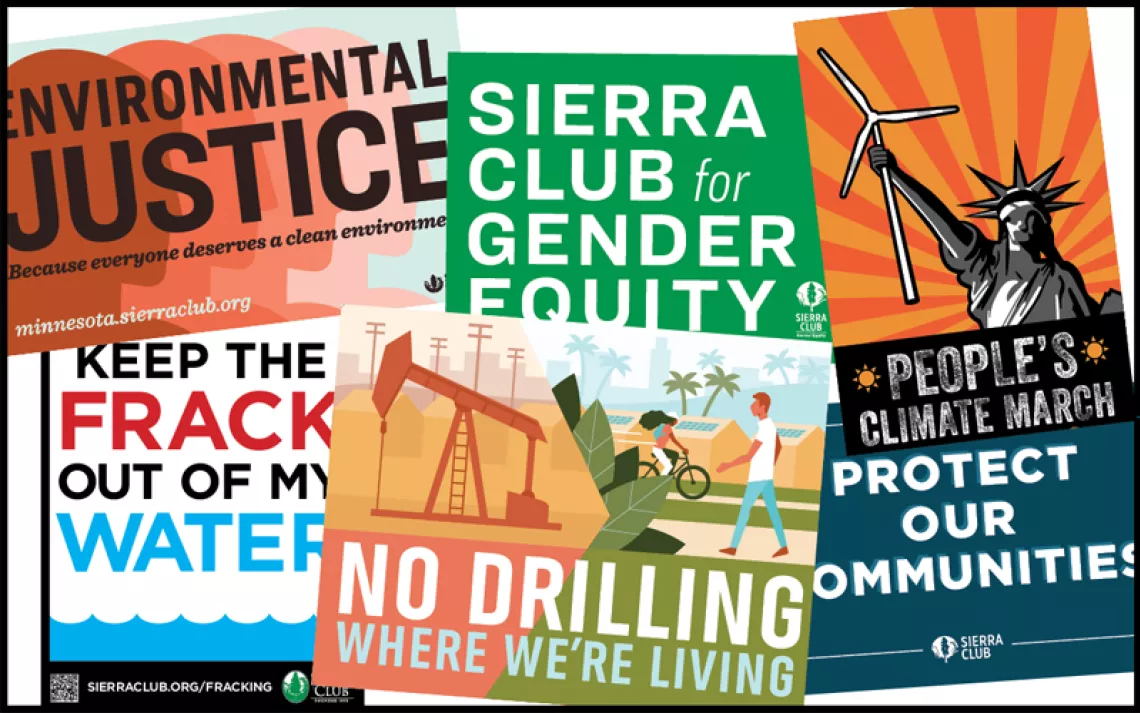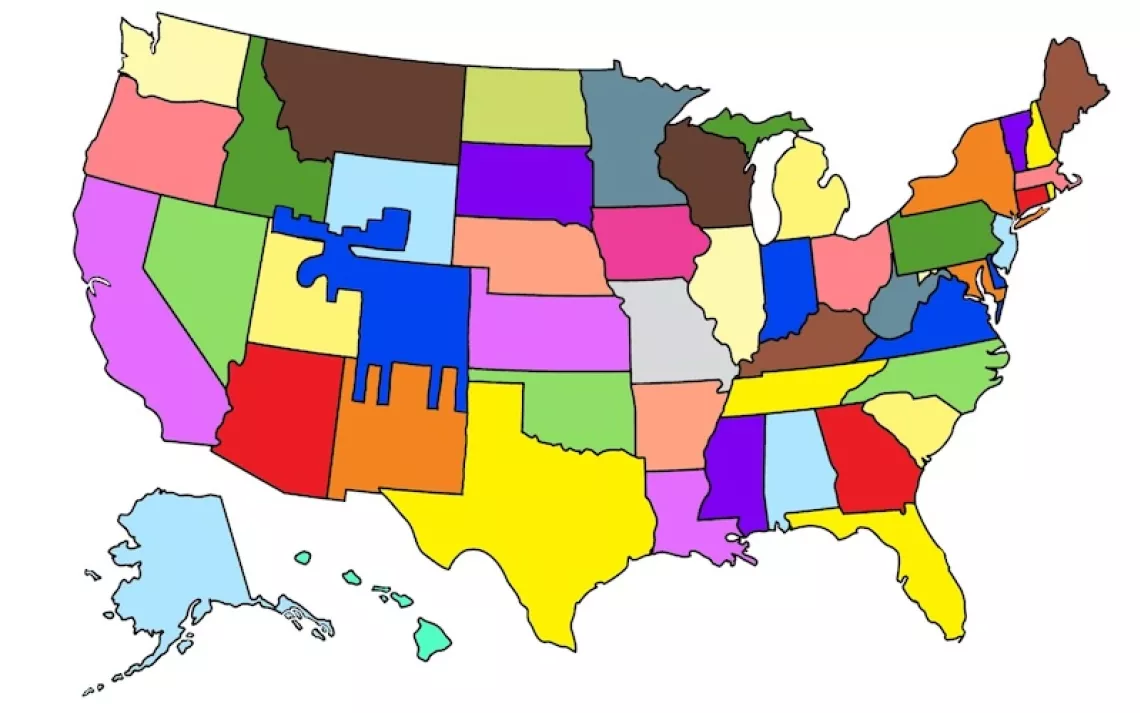ICYMI: Orcas Back at It, Florida Wishes Away Climate Change, Trump Lobbies Oil Execs & Ed Abbey Rolls in Grave
Environmental news of the week for busy people

Orcas inaugurate the 2024 yacht-sinking season in the Straits of Gibraltar.
A massive solar storm results in lurid auroras around the world.
Venezuela loses its last glacier, the Humboldt.
In March, the global average concentration of CO2 in the atmosphere was 4.7 parts per million greater than the number the year previous, the largest such jump ever.
Huge wildfires in Canada force the evacuation of Fort McMurray, Alberta, and other communities in British Columbia. Smoke from the fires triggers air-quality alerts in the US Midwest.
Florida governor Ron DeSantis signs legislation eliminating climate change as a priority in the state’s energy policies and removing references to it from Florida laws.
Alabama makes it illegal to manufacture, sell, or distribute cultivated meat in the state, punishable by $500 and up to three months in jail.
A white supremacist pleads guilty to conspiring with a neo-Nazi to attack Baltimore’s power grid to “break down society.”
The growth of Japan’s solar sector is hindered by thefts of copper cable from its solar farms.
Electric vehicle ownership is sorting out along partisan lines—61 percent of Democrats say they are considering buying an EV, while 69 percent of Republicans say they would not buy an electric car. Except in California.
A new paper suggests that up to 40 percent of the United States’ demand for lithium, a key component of EV batteries, could be extracted from the wastewater of oil and gas operations in Pennsylvania’s Marcellus Shale region.
President Biden, alleging unfair competition from state-subsidized companies, greatly increases tariffs on Chinese electric vehicles, solar cells, and advanced batteries. Chinese EVs sell for as low as $10,000, while even including the $7,500 federal tax credit, the cheapest US EV—the Nissan Leaf—costs more than $20,000.
Florence, Italy, will pay drivers up to 30 euros a month to commute by bicycle.
Donald Trump promises oil industry executives that if they raise $1 billion for his presidential campaign, he will reverse President Biden’s climate policies, including his ban on new LNG facilities. House Democrats are investigating.
Trump also vows that, if reelected, he will sign an executive order against offshore wind projects: “We are going to make sure that that ends on day one.”
Since the 2016 Paris Agreement to reduce the use of fossil fuels, US banks have financed $1.8 trillion of fossil fuel projects.
The Tennessee Valley Authority, the nation’s largest public utility, moves ahead with a new methane gas power plant despite complaints from the EPA that it did not consider alternatives to fossil fuels.
The Bureau of Land Management will stop leasing land for coal mining in the Powder River Basin, the country’s largest coal-producing region.
While being tested to see if it can withstand the pressures of transporting methane gas for 300 miles, a section of the Mountain Valley Pipeline bursts.
Between 2019 and 2023, a poaching ring in Indonesia killed seven Javan rhinoceroses, one-tenth of their remaining world population.
On board the International Space Station, 13 strains of a multidrug-resistant bacterium are mutating to become “genetically and functionally distinct” from their terrestrial counterparts.
Pelicans arrive to nest on Gunnison Island in the Great Salt Lake, despite abandoning it last year after low water levels allowed incursions by coyotes. Pelicans are also nesting on nearby Hat Island for the first time in 80 years.
A real estate developer in Moab, Utah, wants to name his new housing subdivision after iconoclastic writer Edward Abbey, including streets with names like “Monkey Wrench Way” and “Hayduke Court.”
 The Magazine of The Sierra Club
The Magazine of The Sierra Club


